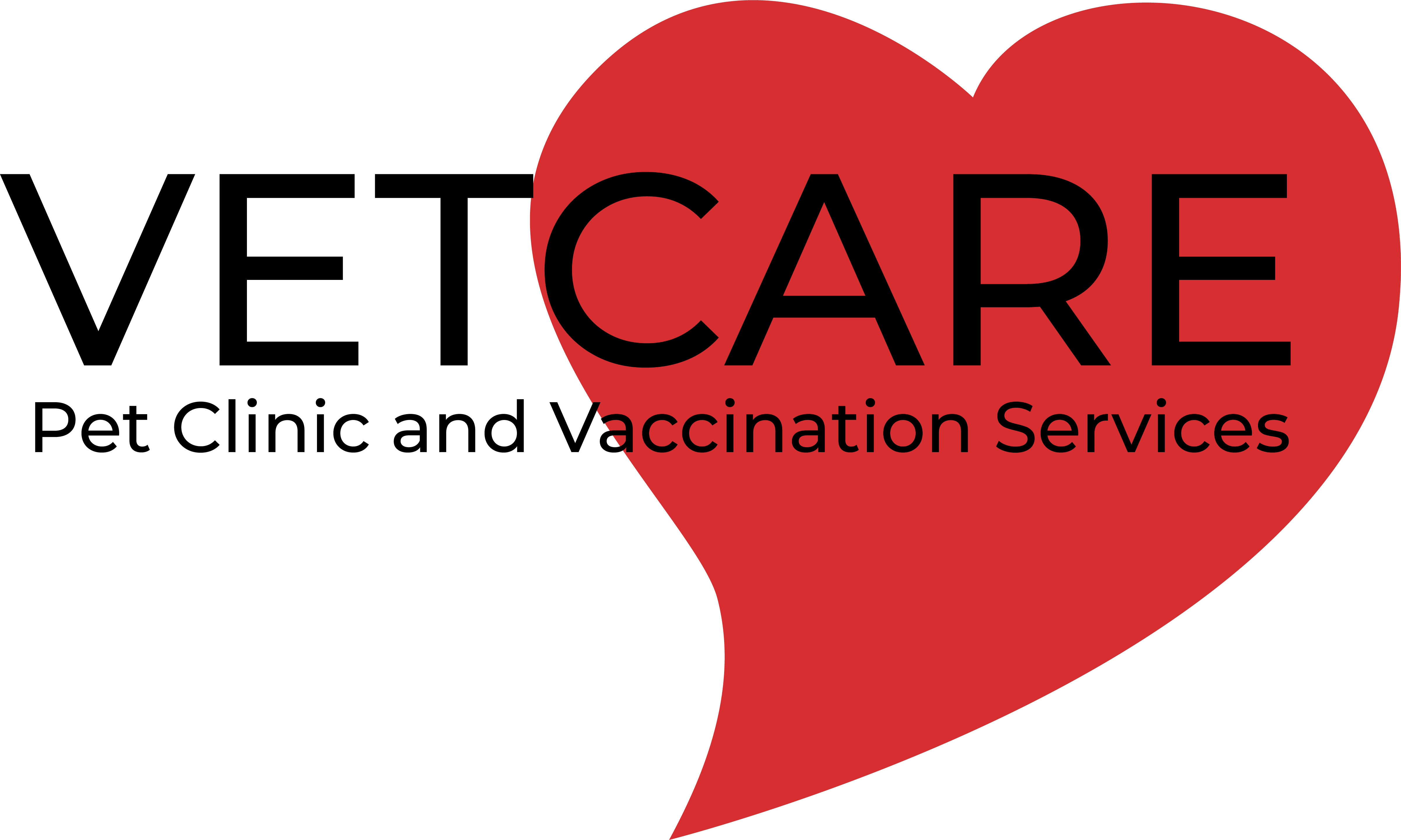EDUCATION
FAQs
Learn more about our frequently asked questions about your pets!

Frequently Asked Questions
Why should I vaccinate my pet?
To Protect Your Pet
Vaccinations protect your pet from several highly contagious and possibly fatal diseases. At any given time, your pet can encounter these diseases, and taking the first step in protecting their health, by vaccinating, is essential. We choose to have pets for their love, protection, and companionship. By choosing to vaccinate, you are extending the time you share with your furry friend.
To Protect Us
Not all diseases passed through animals are subjected to only dogs and cats. Diseases such as rabies, leptospirosis, and roundworms are zoonotic. A zoonotic disease is a disease that can be transmitted from animals to people. Vaccinating your pet is not only protecting them it is protecting your friends, family, and most importantly, YOU.
What vaccines does my pet need?
There are two vaccination categories:
1. Core Vaccinations: These are considered essential to all pets based on the severity of the disease, transmissibility to humans, and risk of exposure. These protect your puppies, kittens, and adult animals from diseases that result in severe illness or death.
Core Vaccinations for Dogs
- Rabies: Required by law. Fatal infection of the nervous system. No cure.
- DA2P+Parvo: Distemper – airborne virus that causes coughing, vomiting, seizures, diarrhea, and permanent brain damage. No cure. Canine hepatitis – spread through infected urine and feces. Can cause sever liver damage and death. Adenovirustype 2 – spread via coughs and sneezes. Attacks the upper respiratory system. Parainfluenza – airborne virus that causes upper respiratory infections. Parvovirus – highly contagious and life-threatening. Causes severe dehydration, vomiting, diarrhea, and high probability of death in puppies.
- Bordetella: A bacterial infection also known as “kennel cough”
- Leptospirosis: A contagious disease affecting both animals and humans. Passed from vermin (rats, opossum, raccoons, etc.) urine or standing water.
Core Vaccinations for Cats
- FVRCP: Highly contagious and usually fatal. Symptoms include depression, loss of appetite, fever, vomiting, and diarrhea,
- Leukemia: Leading cause of death in cats. Feline Leukemia damages the cat’s immune system, can cause tumors, and cats infected rarely live more than three years.
Non-Core Vaccinations
These vaccines are determined by your pet’s lifestyle, the risk of diseases in your area, and places you travel (e.g., mountains, canyons, out of state, etc.)
- K9 Influenza: Also known as the “dog flu” and highly contagious. Recommended for people who socialize and board their pets or have a multiple-pet household.
- Lyme: Transmitted by ticks. Recommended for people who take their pets hiking, camping, and into wooded areas and canyons.
- Rattlesnake: Recommended for people who take their pets hiking, camping, and into wooded areas and canyons.
What flea, tick, and heartworm prevention do you offer?
NexGard Rx: protects against fleas and ticks
Bravecto: protects against fleas and ticks
Trifexis: protects against fleas, heartworms, roundworms, hookworms, and whipworms
Heartgard: protects against heartworms, roundworms, hookworms, and whipworms
What should I watch for after my pet is vaccinated?
Vaccine reactions, although rare, usually occur within the first one to two hours of being vaccinated. If your animal is having trouble breathing, has swelling of the throat, face, nose, or is vomiting or having diarrhea that is uncontrolled, you need to transport the animal immediately to an emergency animal hospital.
Other Symptoms to Look for:
- Lethargy or loss of appetite: May occur during the first 24 hours following a vaccination. If symptoms persist for more than 24 hours, call the phone number at the top of this page. If after-hours, call your local emergency animal hospital.
- Vomiting and/or diarrhea: May occur following vaccines but should not persist more than 12 hours. If symptoms persist more than 12 hours after the vaccination, call our phone number at the top of this page. If after-hours, call your local emergency animal hospital.
- Generalized body shaking, swollen face, throat, or eyes, excessive drooling, rash, or small welts on any part of the body may indicate an allergic reaction. If these symptoms occur, transport your pet to an emergency animal hospital.
- A small knot or lump in the area that a vaccine was administered may be noticed up to several weeks following an injection. If the knot or tenderness does not eventually disappear, if it is hot and painful, or if there is hair loss at the site, call the phone number at the top of the page. If after-hours, call your local emergency animal hospital.
- Some animals (especially small dogs) may experience some soreness or tenderness from the injection site of the vaccination. Applying a warm compress at the injection site can help. If this persists after three to four days, call us at the phone number at the top of this page.
If after hours, call your local emergency animal hospital. If you have any concerns about your animal and a reaction, call us at 1-800-988-8387.
